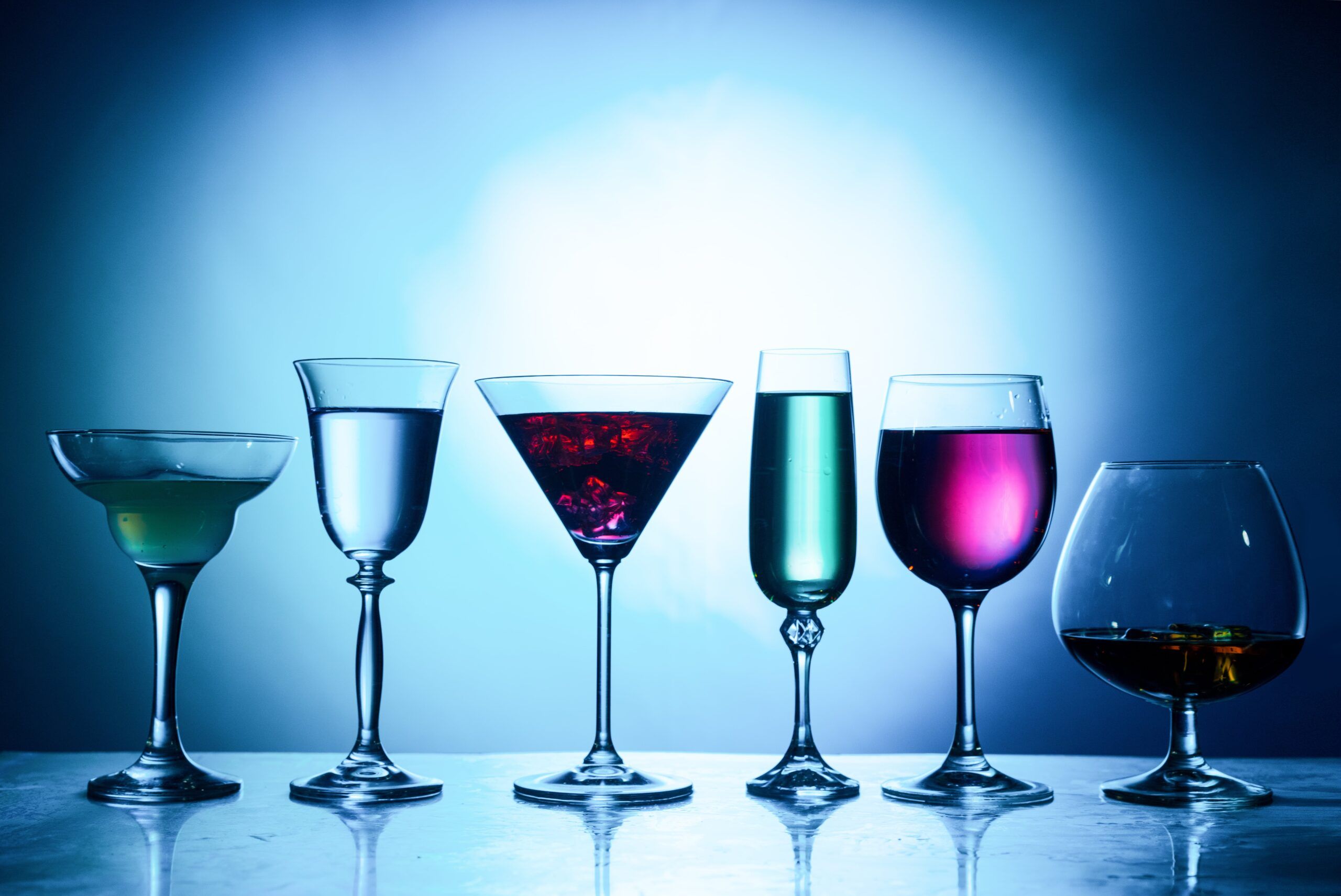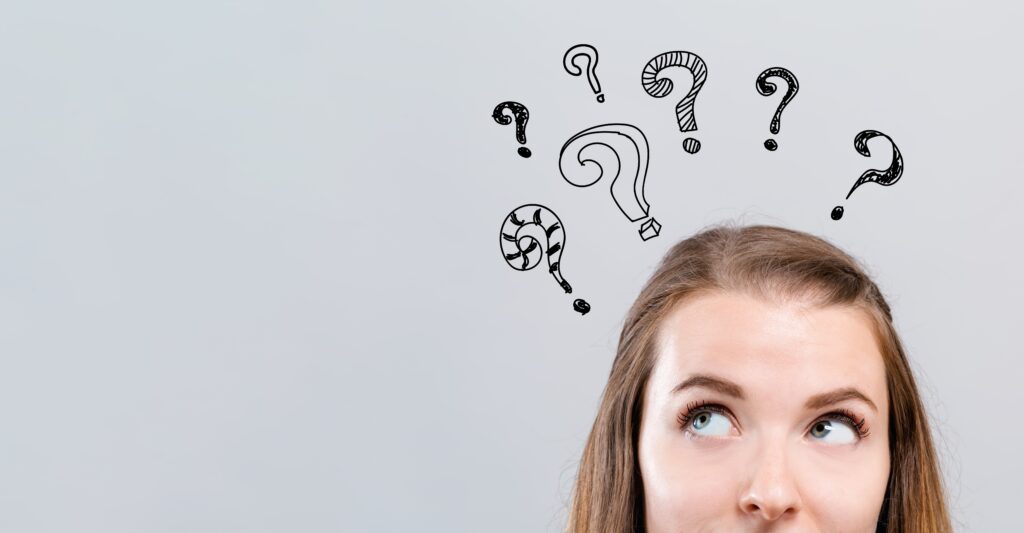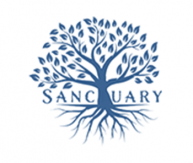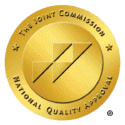
Is Alcohol a Stimulant?
Sometimes, alcohol use leads to diminished inhibitions, elevated mood, and talkativeness. Other times, it causes people to become sullen, morose, and withdrawn. So, is alcohol a stimulant? Is it a depressant? Or is it something else entirely?
Stimulants vs. Depressants
Many common legal and illegal drugs – including several prescription medications – fall into the categories of stimulants and depressants.
Substances are classified as stimulants or depressants based on how they affect the central nervous system (CNS).
Stimulants excite neurons in the CNS, prompting them to produce certain hormones that accelerate the transmission of messages throughout the body. Depressants have the opposite effect. They slow the process down, which delays the ability of the CNS to transmit messages back and forth between the brain and the body.
Examples of Stimulants
The following commonly used (and frequently abused) substances are all stimulants:
- Caffeine
- Nicotine
- Cocaine
- Amphetamine
- Methamphetamine
Many prescription medications, such as ones that are often used to treat attention-deficit/hyperactivity disorder (ADHD) and narcolepsy, contain amphetamines. This means that these medications are categorized as stimulants.
Is Alcohol a Stimulant?
You may have noticed that alcohol is in the List of Depressants in the previous section. So, that clearly answers the question, Is alcohol a stimulant?, right?
Well, not completely.
Here’s the deal: Alcohol is not a stimulant. However, when some people drink alcohol, they may initially experience stimulant-like effects. For example, they may become more outgoing and energetic – which is similar to what you would expect to occur when someone takes a stimulant.
However, these effects typically don’t last very long. And as they fade away, they are replaced by symptoms that we commonly associate with depressants, such as sleepiness, slurred speech, impaired coordination, slower breathing and heart rate, and a sense of confusion or disorientation.

Why Does Drinking Alcohol Give Some People Energy?
Now that we have established that the answer to the question, Is alcohol a stimulant? is no, that leads us to another question: If alcohol isn’t a stimulant, why does drinking it cause some people to temporarily become more energetic?
When a person first drinks alcohol, the presence of this drug can trigger the central nervous system to release a flood of a neurotransmitter called dopamine. Dopamine has been referred to as a “feel-good” chemical. This is because it’s associated with feelings such as pleasure, reward, motivation, attention, and arousal.
Drinking alcohol is not the only way to increase dopamine levels. Dopamine releases can be prompted by an array of other experiences and activities. This includes exercising, listening to music, having sex, eating junk food, and meditating.
The initial dopamine rush that occurs when a person starts drinking can give them a boost of energy. It can also increase their motivation and activity levels. This is why people can become much more gregarious than usual when they have had their first few drinks.
What Does it Mean?
Feeling a rush of energy or a lifting of your mood when you drink doesn’t mean anything in terms of your character or personality. As we described in the previous section, alcohol can trigger the release of dopamine, which can cause you to temporarily become happier and more outgoing. Your initial pleasurable reaction to alcohol is a factor of chemical processes within your central nervous system that you have no control over.
However, if using alcohol is the only way you can experience pleasure or deal with sadness, this means you may have a serious problem. There’s nothing wrong with using alcohol if you are of legal age and if you drink responsibly. But when the desire to have a drink is replaced by the urge to consume alcohol, then it may be time to get help.
What to Do if Alcohol Causes Problems?
Continuing to use a substance after you’ve experienced many negative outcomes is a symptom of addiction. In other words, if your alcohol use has caused problems, but you have continued to drink, this is another sign that you may need professional help.
The clinical term for alcohol addiction is alcohol use disorder. This condition is also commonly referred to as alcoholism. No matter which words you use, alcohol addiction is a chronic, progressive disease that has the potential to damage your physical, psychological, and social well-being. Thankfully, it is also a treatable disorder.
If you are concerned about how much or how frequently you drink, a good first step is to be assessed by your family doctor or a reputable alcohol rehab center. Being evaluated by a qualified professional can help you understand the scope of your needs. The results of your assessment can also help you determine what types and levels of care may be best for you.
Begin Rehab for Alcohol in Southern California
When you are ready to stop drinking and start working toward successful recovery from alcohol addiction, the Sanctuary Treatment Team is here for you. Our alcohol rehab center in Southern California is a safe and welcoming place where you can receive customized care from a team of dedicated professionals. With our help, you can find your path toward a healthier and more hopeful future. Contact us today to learn more.


